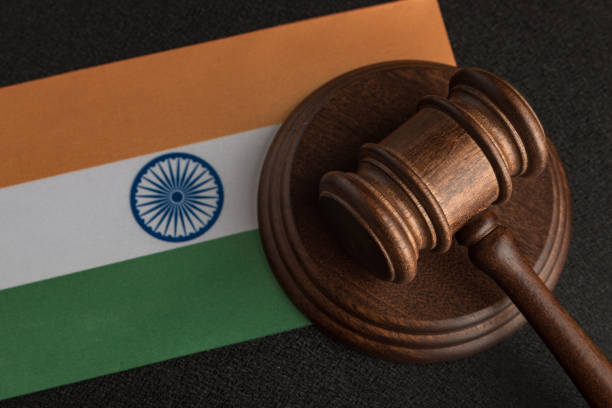
Divorce can be a painful and stressful process, with the settlement being one of the most crucial matters to discuss. In India, the settlement of a divorce case is determined by a number of variables, including each party’s financial situation, the length of the marriage, and the requirements of any children involved.
Factors Considered in Calculating the Settlement
Financial Situation: The financial situation of both parties is an important consideration that is considered when determining the settlement. This comprises aspects like as both parties’ income, property, assets, and liabilities. If one party has a much higher income or more assets than the other, they may be obligated to support the other party financially.
Marriage Length: The length of the marriage is also a factor in calculating the settlement. If the marriage was brief, the settlement may be smaller than if it was lengthy. This is due to the fact that a longer marriage usually involves more joint assets and financial obligations.
Children’s Needs: If there are children involved in the divorce, their needs are prioritised in calculating the settlement. The child’s age, health, education, and overall well-being will be considered by the court. The parent with custody of the kid may be entitled to financial support from the other parent as well.
Case Study:
Consider Mr. and Mrs. Gupta’s situation. They have two children and have been married for 15 years. Mr. Gupta works as a software developer and earns Rs. 100,000 each month. Mrs. Gupta is a stay-at-home mother with no source of income. They own a house worth Rs. 50,00,000 and have a joint bank account with a Rs. 5,000 balance. They also have a Rs. 100,000 vehicle.
In this scenario, the court would examine a number of variables while determining the settlement. For starters, because Mr. Gupta is the primary breadwinner, he may be forced to financially assist Mrs. Gupta. The court may order him to give her a monthly maintenance payment.
Second, because they jointly own a home and a car, the court may order them to sell the assets and divide the revenues equally. However, if one party wishes to retain a specific item, they may be required to pay the other party their portion of the asset’s worth.
Finally, the requirements of their children will be considered. Mr. Gupta may be obliged to pay child support if Mrs. Gupta obtains custody of the children.
Divorce is never easy, but understanding the criteria considered when determining the settlement can help you prepare for the outcome. If you are going through a divorce or know someone who is, subscribe to our YouTube channel and bookmark our website for further resources.